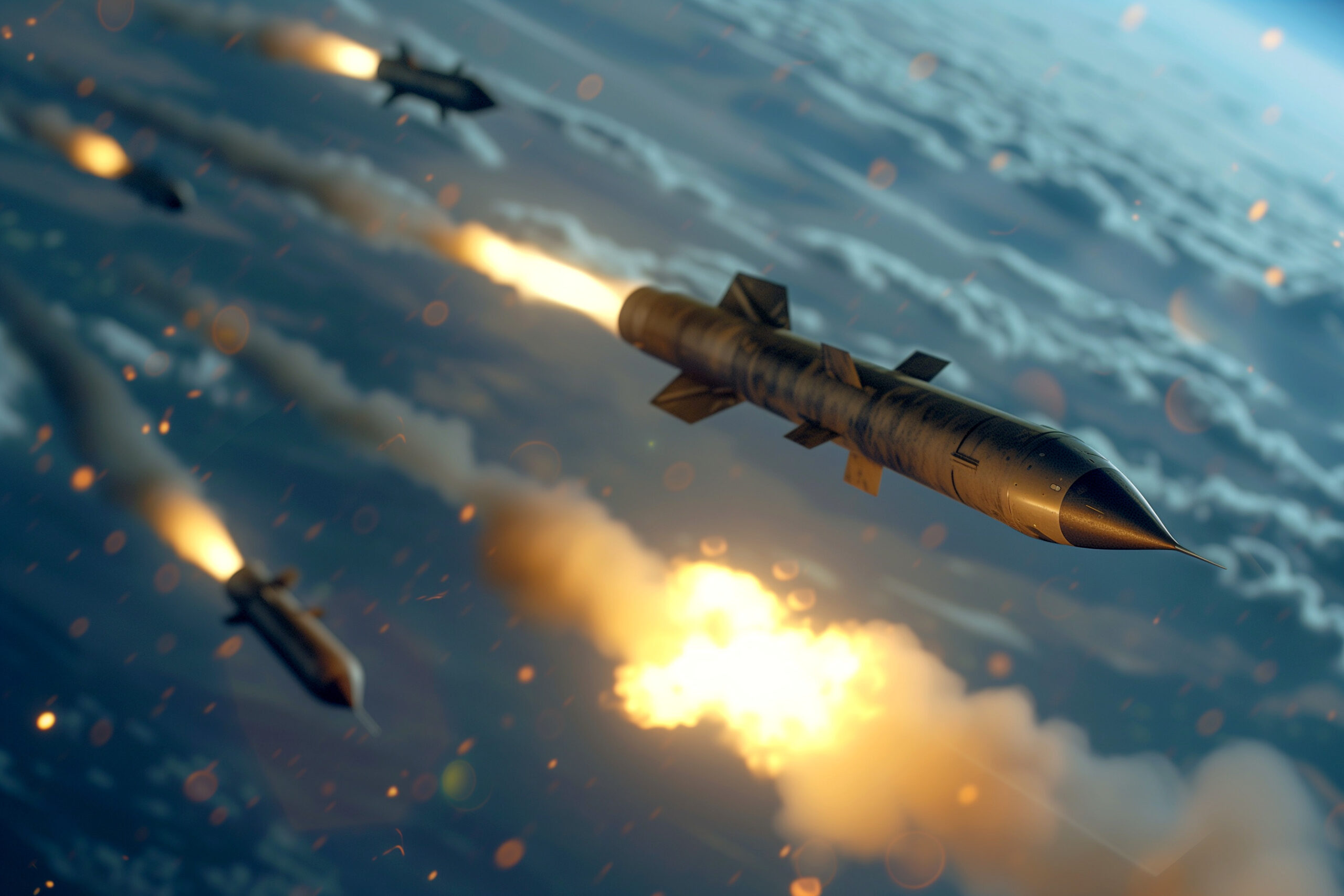Prejudices against tabletop wargames and why they are not true
Tabletop wargaming is a fascinating hobby that combines strategy, creativity and social interaction. But anyone who deals with miniatures, dice and rulebooks often encounters typical prejudices. Many of these stem from ignorance or clichés that persist. In this article, we take a look at some of the most common prejudices and show why they are simply not true.

- Prejudices against tabletop wargames and why they are not true
- Prejudice #1: Tabletop is only for nerds!
- Prejudice #2: It's far too complicated!
- Prejudice #3: It's far too expensive!
- Prejudice #4: This is only for people with lots of time!
- Prejudice #5: It's all about the luck of the dice!
- Prejudice #6: Tabletop wargames glorify war!
- Prejudice #7: Tabletop wargaming is only for men!
- Conclusion on prejudices against tabletop games and players
- Is "wargaming" the right term for our hobby?
Prejudice #1: Tabletop is only for nerds!
Yes, tabletop gamers are often passionate fans of their hobby, but that’s the same with any other hobby. Nobody calls soccer fans nerds just because they watch the Bundesliga every weekend. Tabletop wargaming combines strategy, creativity and social interaction – a mix that appeals to many different people.
What’s more, nerds are no longer an outsider phenomenon. Pop culture phenomena such as Marvel films, video games and pen & paper role-playing games have changed the image of the classic nerd. Tabletop is a hobby for anyone who enjoys strategy, planning and creative cooperation – regardless of age or background.
Prejudice #2: It’s far too complicated!
Yes, some tabletop games have complex rules. But that doesn’t mean you can’t learn them! Many modern systems offer beginner-friendly rules or slimmed-down variants . One example is BattleTech Alpha Strikewhich is much simpler and more beginner-friendly than the classic BattleTech version.
In addition, many game systems offer Quick Start Rules. These simplified rules allow new players to get started straight away without having to deal with all the details immediately. As you gain experience, you can gradually add more rules so that the game evolves with your skills.
There are also numerous tutorials, beginner’s guides and communities to help new players. Most players are delighted when they can introduce newcomers to the hobby – after all, this means more players for future games,
Prejudice #3: It’s far too expensive!
As with any hobby, you can spend a lot of money – but you don’t have to. Many tabletop games offer inexpensive starter boxes or used models on the secondary market. Games like Halo: Flashpoint or BattleTech Alpha Strike are relatively cheap compared to other systems and don’t require a huge army. In this blog post, for example, I have described how you can try out BattleTech Alpha Strike completely free of charge.
What’s more, tabletop is often more sustainable than other hobbies: a rulebook or miniature purchased once can be used for years. In contrast, many gamers regularly pay for new video games or subscriptions.
Prejudice #4: This is only for people with lots of time!
Of course you can invest a lot of time in the hobby, but that applies to any hobby. Nobody says you have to spend several hours a week playing or painting miniatures. Many games can be played in short rounds. Skirmish games like Halo: Flashpoint or Kill Team often only last 60 to 90 minutes.
Painting miniatures is also not a must. There are pre-painted miniatures or players who prefer to just play and leave the painting to others. Everyone decides for themselves how much time they want to invest.
Prejudice #5: It’s all about the luck of the dice!
Dice play a role, but strategy and planning are more important. A good player will achieve better results over several games, as decisions are based on positioning, timing and resource management.
One example is BattleTech Alpha Strike: although the dice determine hits and damage, positioning, cover and tactical decisions make the difference. An experienced player can win with skillful movement and clever maneuvers even with poorer dice.
Prejudice #6: Tabletop wargames glorify war!
This prejudice is particularly persistent. Tabletop wargames simulate conflicts, but they are far from glorifying real wars or glorifying violence. In most cases, they are about strategic thinking, tactics and storytelling in fictional or historical settings.
Comparable to chess or historical strategy games such as Total War or Risk, it is not about violence as an end in itself, but about tactical decisions. Many tabletop systems also have strong narrative elements: BattleTech is about political intrigue, dynasties and character development. Not a simple “who kills more enemies?”.
In addition, many players are intensely interested in history, strategy and human nature. A deep understanding of historical conflicts often leads players to develop a differentiated view of war. And not a naive fascination with it.
Prejudice #7: Tabletop wargaming is only for men!
This prejudice is long outdated. While there may have been a stronger male dominance in the scene in the past, more and more women are now interested in tabletop wargaming. Be it as players, miniature painters or tournament organizers.
Many modern gaming systems and communities consciously focus on inclusion and an open, friendly environment for everyone. Social media, streaming platforms and blogs also show that women are active in the tabletop world and enjoy the hobby just as much as men.
At the end of the day, tabletop wargaming is about strategy, creativity and fun. Things that have nothing to do with gender. Once you’ve played a game, you quickly realize that it’s all about having fun, not who’s sitting at the table.
Conclusion on prejudices against tabletop games and players
Tabletop wargaming is a versatile hobby that is far more than just a “game with miniatures”. It combines strategy, creativity and social interaction in a unique way. The typical prejudices described are usually based on ignorance or false assumptions.
Once you get involved, you quickly realize that it is not an elitist or hard-to-access niche. Rather, it is a hobby that is open to everyone. No matter whether you want to dive deep or just play an occasional game. So why not give it a try?
Is “wargaming” the right term for our hobby?
The term wargaming is widely used in the tabletop scene, but it can be problematic in certain contexts. While many players take it for granted in their hobby, there are situations in which the term can cause misunderstandings or even rejection.
1. Negative connotations in the public sphere
The word wargaming is made up of war and gaming. Anyone unfamiliar with the hobby might conclude that it is a game that glorifies war or deals with real warfare. At a time when armed conflicts are present worldwide, this association can have a negative effect.
2. Misunderstandings in communication
If you explain to someone that you are into “wargaming”, it can happen that the hobby is confused with military simulation games, historical war simulations or even with the video game company of the same name (Wargaming.net). It is often not clear to outsiders that this is a creative, strategic and often narrative-based hobby.
3. Broader definition of the hobby
Not all tabletop games revolve exclusively around military conflicts. Modern tabletop games often include science fiction or fantasy scenarios in which diplomacy, exploration or resource utilization are just as important as direct combat. The term tabletop wargaming often does not do justice to these facets.
4. Alternatives to the term “wargaming”
Many players and manufacturers are therefore increasingly using terms such as tabletop strategy game, miniatures game or skirmish game to appeal to a broader target group. These terms emphasize the strategic depth and narrative component of the hobby without necessarily focusing on warfare.
Conclusion on the “wargaming term”
Although wargaming is an established term for many veterans of the scene, it is worth thinking about its impact. Especially when addressing newcomers or outsiders, a different choice of words can help to make the hobby more accessible and open.



